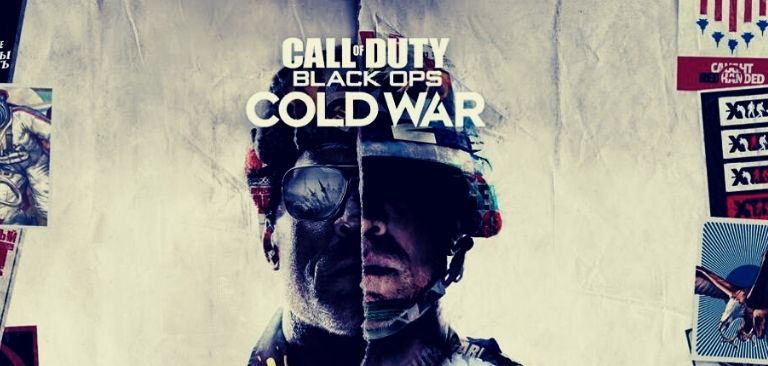The teaser trailer for Call of Duty: Black Ops Cold War is banned in China as it contained imagery of the Tiananmen Square protests. The game is being developed by Treyarch and Raven Software, with a release scheduled before the end of this year.
With the official trailer release date, August 26, nearing – a teaser trailer was uploaded to YouTube last week which featured just about a second-long clip of the protests that took place in Tiananmen Square back in 1989. Based on the report by Apple Daily, it was found that the trailer created “negative backlash from mainland Chinese citizens.”
Considering China’s dubious practices and organized internet censorship campaigns, it wouldn’t be an exaggeration to assume the Communist Chinese Party’s involvement in the censorship of the teaser trailer.
As the teaser trailer got banned in China, a second and slightly shorter version was released on YouTube and it did not contain the sequence of the Tiananmen protests.
The Tiananmen Square protests resulted in thousands of deaths as the People’s Liberation Army had opened fire on protesters back in 1989. China’s TikTok has been caught censoring the protests and, last year, during the 30th anniversary of the massacre, the CCP ordered a massive online censorship campaign to stop Chinese citizens from talking about it.
For a long time now, CCP has pretended as if the incident never occurred and heavily censored it in an attempt to wipe it off from the face of the internet.
As the Chinese video gaming market is a hugely lucrative one, game publishers would not be ready to have their game banned across the country. This would also mean that they would also have to be ready to censor certain scenes or even go to the lengths of altering a few sequences altogether.
China too has always been strict about its laws and often gives a hard time to game publishers trying to tap into the Chinese market by requiring all publishers to have a government-issued license.
Click here to display content from YouTube.
Learn more in YouTube’s privacy policy.












